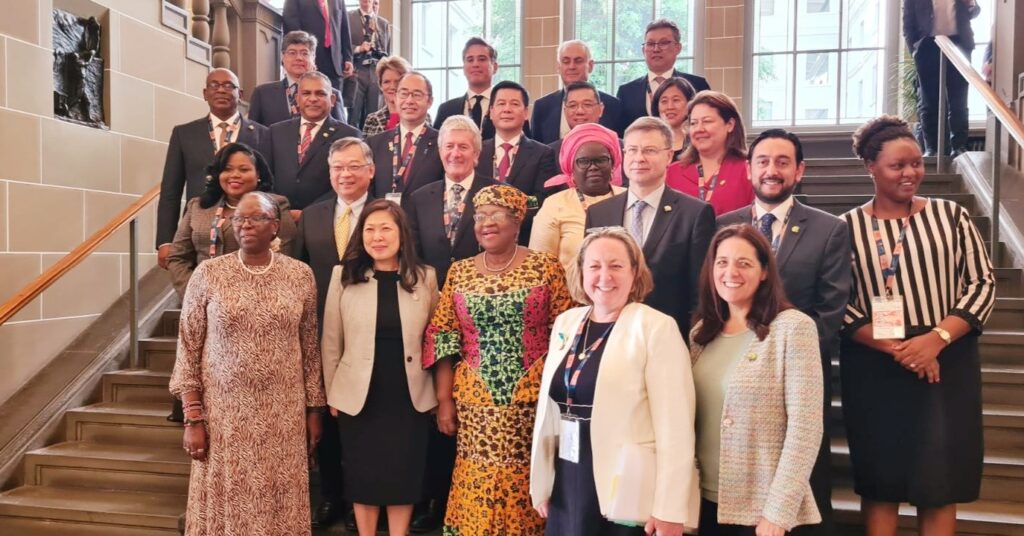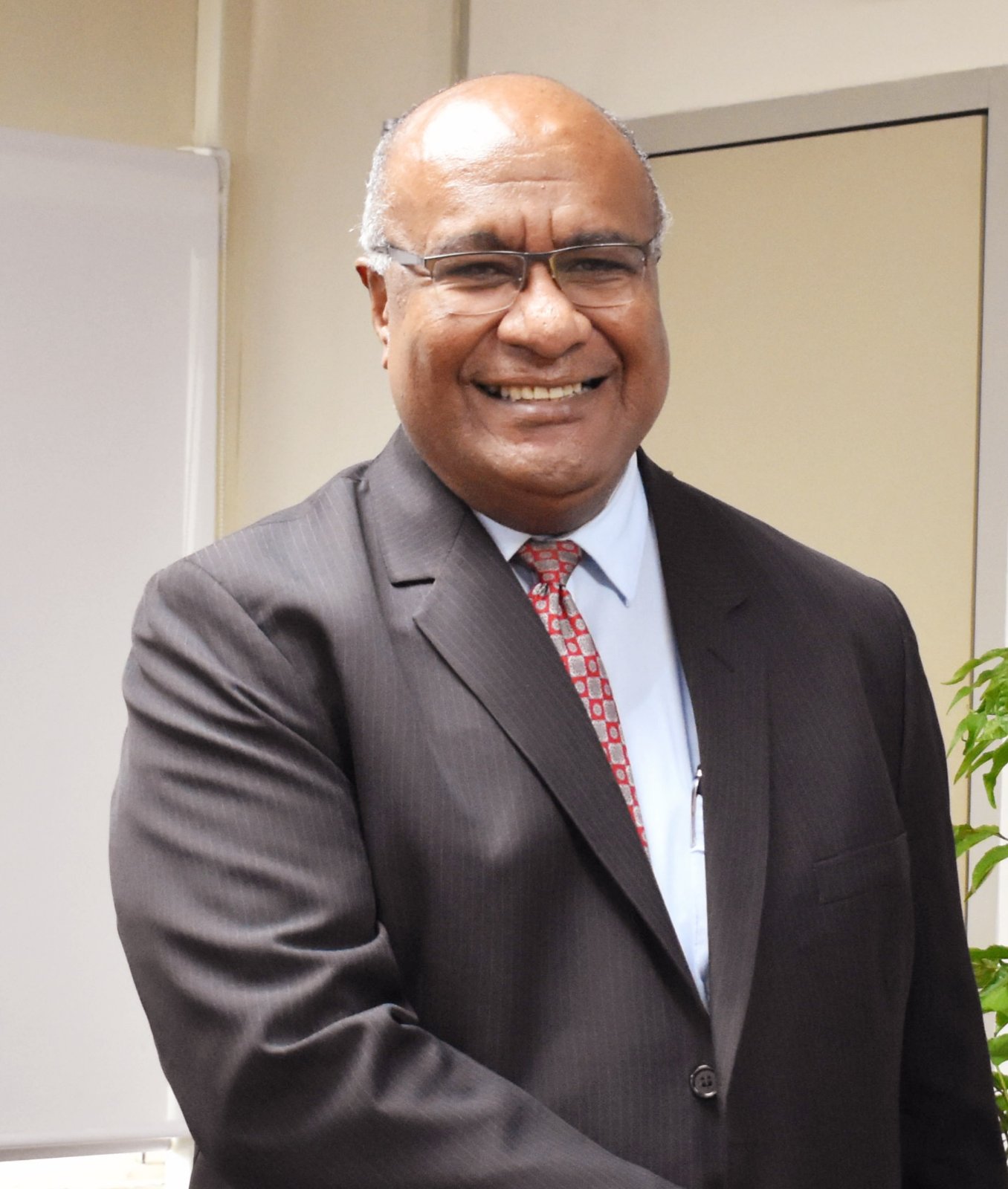- Fiji has taken the initiative to bring to the forefront the impact of climate change, through its leadership at various international fora. Plastics have continued to be a key pollutant that have “littered” not only our towns and cities, but is choking the ocean and our critical marine life.
- In this regard, Fiji believed that to tackle plastic pollution it was important to create dialogue at the multilateral level where linkages to trade could be created. Therefore, Fiji introduced the Informal Dialogue on Plastic Pollution at the Committee on Trade and Environment in 2020. The initiative seeks to address the rising environmental, health and economic cost of plastics pollution.
- Fiji is taking a lead role on this platform and has demonstrated so by introducing domestic reforms on plastic use. Starting from 1 January 2020 the manufacture, sale, supply as well as the distribution of plastic bags have been banned in Fiji. This has been amended into our legislation also – the Environment Amendment Act. Fiji believes that this is a crucial step in protecting Fiji’s waterways, oceans, rivers, and wildlife from plastic pollution.
- The IDP initiative is now gaining traction with a number of member states joining the Initiative. There is a work programme to create awareness on the initiative not just at WTO, but academic and civil society organisation.
- As at March 2022 there are 72 WTO members who are part of this informal dialogue, where innovative ideas on new technologies and alternatives to plastics are discussed.
- Climate discussions often focus on trade as a major contributor to global warming. But with the right policy mix, we can encourage clean production and trade in climate-friendly goods and services. This is where trade can become part of the solution.
- This is why Fiji took the leap when the opportunity was provided to become a party to the Agreement on Climate Change, Trade and Sustainability (ACCTS). Currently, the ACCTS is negotiated between six countries, which includes Fiji, Costa Rica, Iceland, New Zealand, Norway and Switzerland.
- The ACCTS draws nexus between trade, climate and environmental policy with sustainability at its core. The Agreement is negotiated under four (4) key pillars being:
- the removal of tariffs on environmental goods;
- the establishment of new and binding commitments for environmental services;
- the establishment of disciplines to eliminate harmful fossil fuel subsidies; and
- the development of guidelines to inform the development and implementation of voluntary eco-labelling programmes and mechanisms.
- However, our vision is to build momentum and garner greater global support and participation in the Agreement. We want to see the ACCTS grow and include more and larger economies to achieve the desired results of using trade policies to mitigate climate changes.
- The current parties are not the major contributors to climate change nor are major trading parties in the global context. Combined, our trade makes up 2.5 percent of global trade.
- Furthermore, with the commencement of the Climate Change Act in May 2022, Fiji has formalised national commitment to the Paris Agreement and response to escalating climate risk. The Act requires the Fijian Government to put in place a detailed Transport Decarbonisation Implementation Strategy and a National Ocean Policy.
- We are committed to achieve net-zero carbon emissions by 2050, and we aim to harness nature-based and technological solutions to build our climate resilience.
- In addition, Fiji has committed to the following:
- To achieve net zero carbon emission by 2050,
- To reduce 30% of Business-As-Usual (BAU) CO2 emissions from the energy sector by 2030,
- to reach close to 100% renewable energy power generation(grid connected) by 2030 carbon-free domestic maritime transport sector by 2050,
- sustainably manage all of Fiji’s ocean by 2030 with 30 percent designated as Marine Protected Areas; and
- adopt Climate Smart Agriculture practices, with emphasis on the promotion of sustainable practices in crop management, livestock and sugarcane farming and fisheries.
- Furthermore, the Fijian Investment Policy Statement, which led to the new Investment Act 2021, (Act to commence on 1 August 2022), also provides for linkages between trade, investment and climate change.
- The Statement sets the overall vision for Fiji in terms of areas of target investment, which includes, green technology, clean and green manufacturing, renewable energy, climate resilient building and construction, to name a few.
- In this regard, the new Reserved and Restricted list has been streamlined and investments in areas which will create climate resilience and allow for mitigation have been opened up.
- I am delighted to be able to share the Fijian journey towards ensuring trade and investment being a key contributor to mitigate or reverse impacts of climate change.
Talking Points for the Informal Breakfast Discussion to Foster Multilateral Cooperation on Trade and Climate Nexus


Hon. Manoa Kamikamica
Minister

